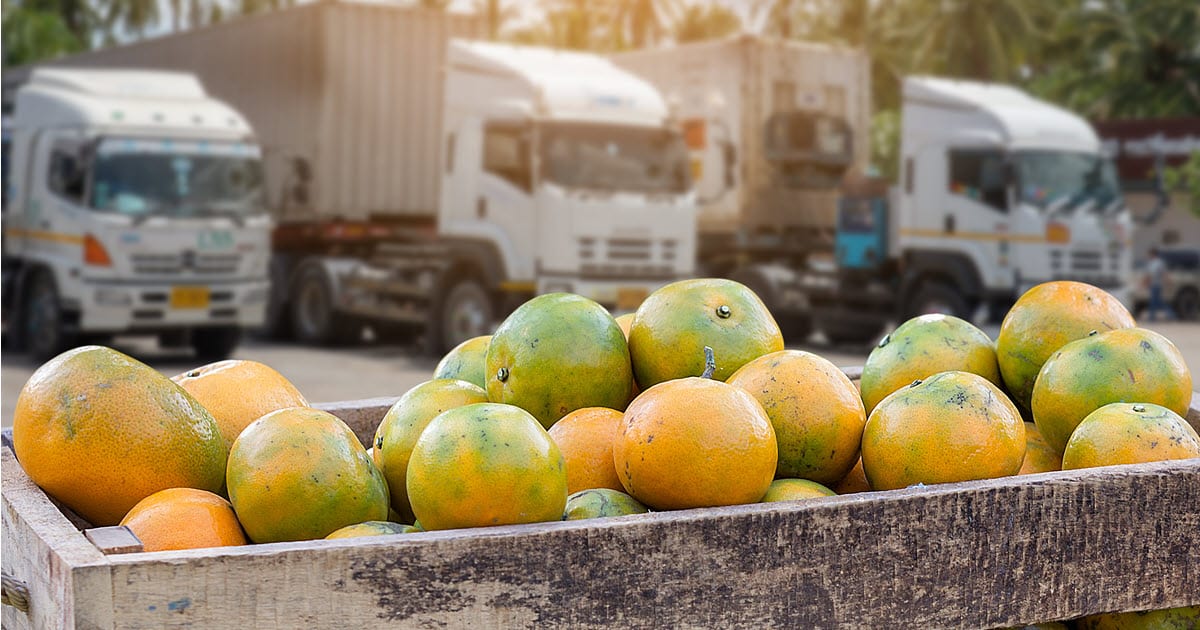Cambodia’s Cold Chain Logistics for Food and Pharma Exports
Cambodia’s export industry is growing quickly, especially in food and pharmaceuticals. However, maintaining product quality is a challenge. This is where cold chain logistics becomes essential.
A cold chain is a temperature-controlled supply chain. It is used to transport sensitive goods like fresh produce, seafood, vaccines, and medical supplies. Without it, product integrity is at risk.
Cambodia is now investing in its cold chain infrastructure. The aim is to support exporters, especially in agriculture and pharmaceuticals. As trade expands, strong logistics becomes a national priority.
The Role of Cold Chain Logistics in Exports
Cambodia exports various temperature-sensitive goods. These include fresh fruits, processed food, fish, and pharmaceutical items. Without cold chain systems, many of these exports may be rejected abroad.
Maintaining cold temperatures ensures compliance with global health and safety standards. This is crucial for countries like the United States, Japan, and the EU.
A bestsourcing agent Cambodia helps exporters meet these standards. They coordinate warehousing, documentation, and carrier booking for temperature-controlled shipments.
Growth in Cold Storage Facilities
In recent years, Cambodia has added several new cold storage facilities. These are located near Phnom Penh, Sihanoukville Port, and border crossings like Bavet.
These facilities allow products to be held safely before export. However, capacity is still limited. To manage demand, many exporters rely on shared storage or rent by the pallet.
Local sourcing partners such as a bestsourcing agent Asia can arrange space. They ensure temperature logs are maintained and quality checks are enforced.
Cold Chain in the Pharmaceutical Sector
Pharmaceutical exports require highly specialized cold chain logistics. Vaccines, insulin, and biologics must be kept between 2°C and 8°C during transit.
Cambodia has seen growth in its pharmaceutical re-export market. This is driven by rising demand from ASEAN neighbors.
Pharma exports must follow strict handling protocols. Any temperature deviation can result in the destruction of the shipment. A bestsourcing agent Cambodia works with certified carriers and regulatory experts to avoid such losses.
Temperature Monitoring Technologies
Modern cold chain systems use IoT devices. These monitor temperatures in real time and send alerts if conditions change.
Cambodia is gradually adopting these technologies. Some exporters have started using GPS-enabled refrigerated containers.
Yet not all SMEs can afford this tech. Partnering with a bestsourcing agent Asia helps bridge this gap. Agents connect clients with providers offering temperature-controlled logistics at scale.
Cold Chain Challenges in Cambodia
Despite improvements, Cambodia still faces several cold chain logistics challenges:
-
Limited last-mile infrastructure
-
High electricity costs
-
Few refrigerated trucks in rural areas
-
Lack of trained cold chain personnel
Most exporters overcome these issues by outsourcing to logistics agents. A bestsourcing agent Cambodia manages pickups, customs clearance, and cold storage at optimal costs.
Government and Policy Support
The Cambodian government is working with trade partners to upgrade cold chain infrastructure. Support is being provided via logistics grants and customs reforms.
New free trade agreements are encouraging more investments. Special economic zones now offer incentives for cold storage and pharmaceutical logistics.
Agents are instrumental in applying for permits and leveraging these incentives. With support from a bestsourcing agent Asia, exporters benefit from improved compliance and lower duties.
The Importance of Agent Partnerships
Cold chain logistics involves many moving parts. These include customs clearance, packaging, documentation, and multimodal transport.
Exporters must coordinate between farmers, processors, warehouse providers, and carriers. A bestsourcing agent Cambodia acts as a central point of coordination.
They make sure refrigerated containers are available. They also verify shipping schedules and document regulatory requirements.
Without this level of support, shipments risk rejection at foreign ports.
Looking Ahead: Trends to Watch
Here are some key trends shaping Cambodia’s cold chain sector:
-
Growth in pharmaceutical exports to ASEAN markets
-
Use of solar power in rural cold storage units
-
Expansion of refrigerated truck fleets
-
Stronger port-based cold chain zones
Foreign investors are also showing interest in Cambodia’s logistics sector. Many see cold chain as an underdeveloped but promising opportunity.
By working with a trusted bestsourcing agent Asia, businesses can tap into these trends early and efficiently.
Conclusion
Cambodia’s cold chain logistics is at a pivotal point. The country is laying the groundwork for reliable, scalable cold chain services. This transformation is critical for food and pharmaceutical exports.
Sourcing agents play a vital role. They help businesses find the right logistics partners, ensure regulatory compliance, and reduce spoilage risks.
To optimize your export journey, collaborate with a seasoned bestsourcing agent Cambodia. With local knowledge and international standards, they are your best ally in cold chain success.

